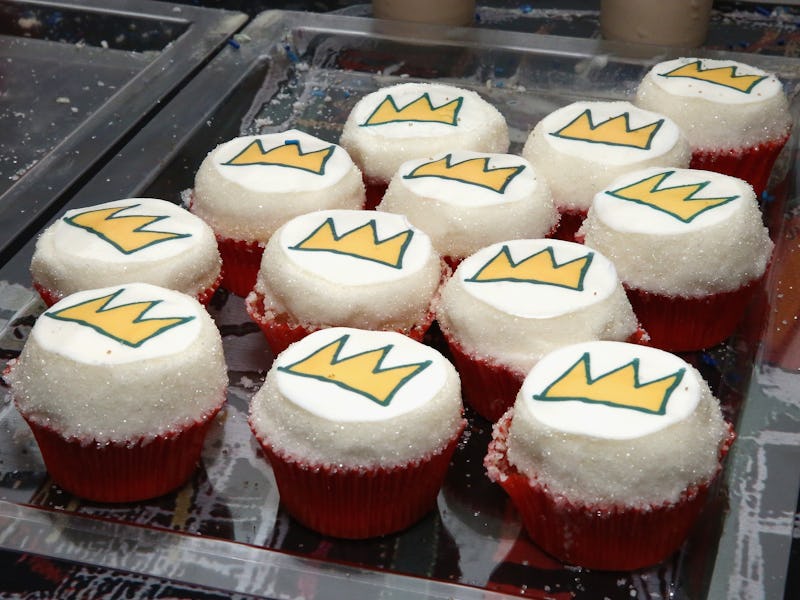The Death of Google Cupcakes: Why the Calorie Counter Was Gone In 24 Hours
We're happier when we can eat in ignorant bliss.

Google Maps users opened the app Monday morning to see that navigating a walking route not only measured in distance, but also in calories in “mini cupcakes.” By the end of the day, Google had yanked on the reins and announced it would remove the feature from phones immediately.
The feature was only rolled out to select iPhone users, but Google confirmed to Inverse it has since halted the experiment and removed the feature Monday night due to strong user feedback. Although the cupcake counter could still be seen on the app for some users Tuesday, Google says restarting the Maps app fixes the issue.
Hey, Google: could you not?
The feature met fierce backlash across social media. Users criticized its triggering effect on those with eating disorders, its inaccuracy in estimating the number of calories burned, and the decision not to make it an opt-in and voluntary feature.
Google Maps isn’t the first to add a calorie tracker to an app not specifically devoted to fitness and nutrition. Citymapper, another navigation app, has long included the amount of calories burned walking to a destination. They also use food to measure walking distances — the unit of food changes for every new route, but some include cronuts and hot dogs, bags of potato chips, or even pints of bitter in the UK. Citymapper — like Google — also doesn’t offer an option to remove this calorie counting feature.
Screenshots of Google Maps (left) and Citymapper (right) show how both apps use food and calories to measure walking distances.
But users haven’t met Citymapper with the same visceral reaction, perhaps because it’s not as high-profile as Google Maps. Inverse reached out to Citymapper for any actions they make take in light of Google’s decision and will update if we receive a response.
In theory, providing a calorie count targets fitness-friendly, weight-watching users and encourages them to walk instead of drive to burn off junk food. There are a few things wrong with that thinking, however. First off, the myth that counting calories helps to lose weight has long been debunked, and nutritionists instead encourage people to eat an array of complex foods and limit other items from their diets. Besides, an overwhelming majority of people don’t even know how many calories they’re supposed to eat in a day.
Additionally, calorie counting is dangerously common in another group — those with eating disorders, who number in the millions in the US. Some on social media commented how difficult it was for them to stop counting calories during their recovery, while others have argued that the calorie-counting feature risks encouraging eating disorders in users. A feature that might have been helpful for a targeted, self-selected group became the object of scorn when suddenly rolled out to everyone.